AI and Environmental Ethics: Green Technology or Resource Drain?
4 May 2025
Artificial Intelligence (AI) is revolutionizing industries, making processes smarter, faster, and more efficient. From healthcare innovations to automation in manufacturing, AI plays a crucial role in shaping our future. But with its growing influence, a pressing question arises—how sustainable is AI? Is it a beacon of green technology or a serious drain on natural resources?
This debate isn't just about energy consumption; it's about the broader ethical implications of AI and its impact on the environment. Let’s dive into the complexities of AI’s environmental footprint, weigh its pros and cons, and analyze whether AI is truly an ally in the fight against climate change or an unsuspecting villain.
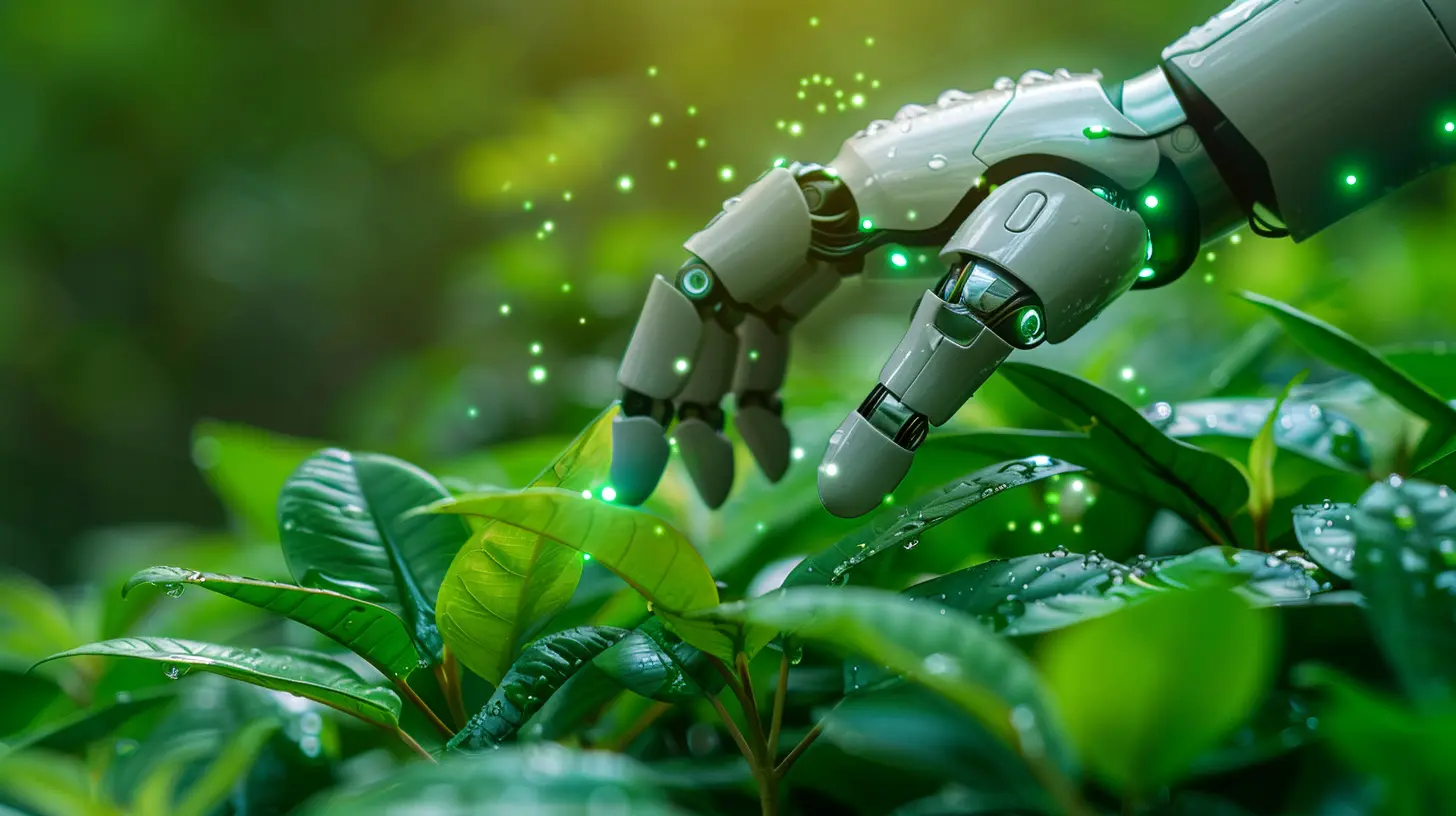
The Environmental Cost of AI: A Resource Guzzler
1. Energy-Hungry AI Models
AI, especially machine learning and deep learning models, requires immense computational power. Training advanced AI like OpenAI’s GPT models or Google’s DeepMind demands high-performance GPUs and TPUs, which consume staggering amounts of electricity.For instance, training GPT-3 reportedly required 1,287 MWh of electricity and emitted nearly 500 metric tons of CO₂—equivalent to the carbon footprint of several hundred flights between New York and London. That’s just one instance. Now, imagine thousands of AI models running simultaneously worldwide!
2. The Water and Cooling Drain
AI data centers generate intense heat, and to prevent overheating, they rely on massive cooling systems. This process consumes both electricity and water. Some estimates suggest that data centers in the U.S. alone are responsible for over 1% of the country’s total water consumption.What does this mean for sustainability? In regions already facing water scarcity, the expansion of AI could worsen environmental stress.
3. The E-Waste Epidemic
The demand for advanced hardware—like GPUs, TPUs, and specialized AI chips—means frequent upgrades and eventual disposal. The tech industry contributes significantly to electronic waste (e-waste), with discarded hardware piling up in landfills, often in developing countries.Toxic metals from these discarded processors can seep into water sources, leading to contamination and long-term environmental hazards.

AI as a Green Technology: Sustainability in Action
While AI is undeniably power-hungry, it also has the potential to combat environmental degradation. AI-powered solutions are driving green innovations that could offset its own carbon footprint.1. Optimizing Energy Consumption
AI can significantly improve energy efficiency in various sectors. Smart grids, AI-driven climate models, and intelligent energy management systems help industries cut down on unnecessary energy use.For example, Google used AI to reduce energy use in its data centers by 40%, optimizing cooling systems and adjusting power consumption dynamically. If adopted widely, such solutions could mitigate AI’s environmental impact.
2. Climate Predictions and Disaster Management
AI-driven climate models help predict natural disasters, track deforestation, and analyze weather patterns. Governments and environmental organizations use AI to anticipate hurricanes, wildfires, and floods, enabling early responses and disaster preparedness.AI-driven satellite imagery also aids in deforestation monitoring, helping authorities detect illegal logging and protect vulnerable ecosystems.
3. Revolutionizing Agriculture for Sustainability
Agriculture is one of the biggest contributors to greenhouse gas emissions. AI-powered farming techniques, such as precision agriculture, help farmers use water, fertilizers, and pesticides more efficiently—resulting in higher yields with minimal environmental impact.Drones and AI-driven imaging systems monitor farm health in real-time, reducing waste and preventing overuse of harmful chemicals.
4. AI in Recycling and Waste Management
Sorting and processing waste is a major challenge for sustainability efforts. AI-powered robotic sorting systems can identify recyclable materials with greater accuracy, preventing contamination and enhancing recycling efficiency.Some startups are even using AI to develop chemical recycling processes—breaking down plastic waste at a molecular level to create reusable materials.

The Ethical Dilemma: Is AI Truly Sustainable?
There’s no denying that AI can be a force for good, but can its environmental benefits outweigh the damage it causes through resource consumption? The ethical dilemma boils down to a few critical questions:- Is AI being developed responsibly? Tech giants must commit to using renewable energy sources to power data centers. Without this shift, AI’s environmental footprint will continue to rise.
- Are we prioritizing AI use where it truly matters? While AI-driven climate solutions are promising, we must question whether AI is often used for redundant applications that waste energy without real benefits.
- How can we regulate AI’s environmental impact? Governments and organizations must implement stricter regulations on AI’s energy consumption and e-waste management. Incentivizing sustainable AI could be the key to balancing innovation with environmental responsibility.
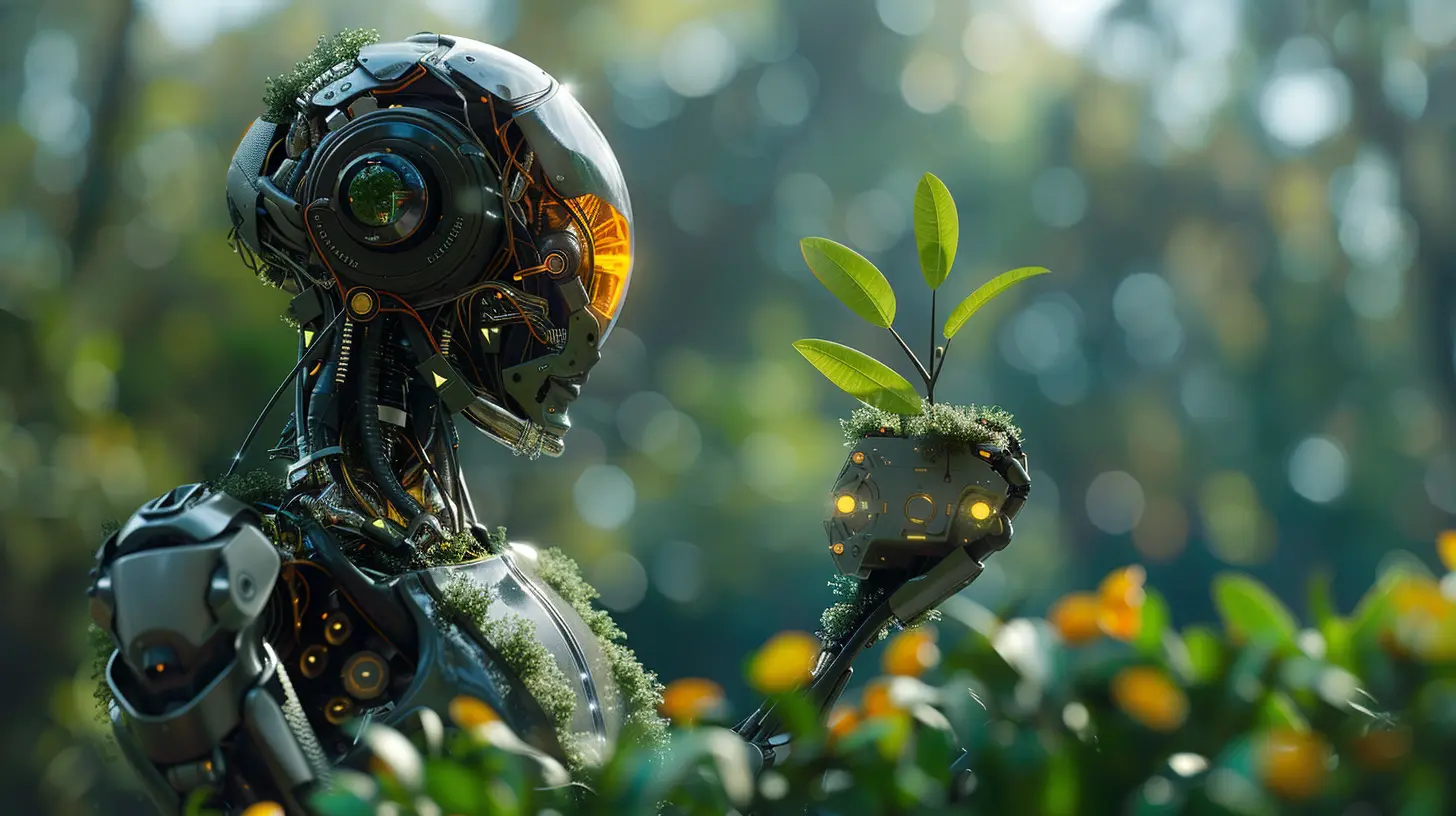
The Future of AI and Sustainability
The future of AI’s role in environmental ethics depends on how we navigate the challenges ahead. Some promising solutions include:1. Transitioning to Renewable Energy
Many tech companies, including Amazon, Google, and Microsoft, have pledged to use 100% renewable energy for their AI operations. If all AI-driven organizations followed suit, it could significantly reduce the carbon footprint of AI.2. Developing Low-Power AI Models
Researchers are exploring energy-efficient AI models that require less computational power. Techniques like pruning, quantization, and federated learning help reduce energy consumption while maintaining AI’s capabilities.3. Recycling and Sustainable Hardware Innovations
Advancements in biodegradable electronics and eco-friendly chip designs could significantly reduce e-waste. Encouraging hardware manufacturers to create longer-lasting AI processors is another crucial step.4. Carbon Offsetting and AI-Driven Environmental Programs
Some companies have started investing in carbon offsetting programs, using AI to track and restore ecosystems. AI-powered tree-planting drones and smart conservation efforts could help AI become more of a solution than a problem.Conclusion: AI—A Double-Edged Sword
AI’s relationship with the environment is a double-edged sword. On one hand, it has the potential to drive sustainability, optimize energy use, and combat climate change. On the other, its immense computational demands contribute to energy consumption, water usage, and e-waste.The key to ensuring AI remains a green technology rather than a resource drain lies in responsible development and ethical implementation. Striking a balance between technological advancement and environmental sustainability is not just an option—it’s a necessity for the future of our planet.
all images in this post were generated using AI tools
Category:
Ai EthicsAuthor:

Ugo Coleman
Discussion
rate this article
7 comments
Zylith Mendez
Sure, let’s just power everything with rainbows, right?
May 15, 2025 at 6:25 PM

Ugo Coleman
While it may sound whimsical, the aim is to explore sustainable solutions that balance innovation with environmental responsibility.
Caelum Jordan
Absolutely loved this article! It's exciting to explore how AI can drive sustainable practices. Let's harness technology to protect our planet while embracing innovation. Green future ahead! 🌍✨
May 12, 2025 at 4:15 AM

Ugo Coleman
Thank you for your enthusiastic response! I'm glad you found the article inspiring. Embracing AI for sustainability is indeed a promising path for a greener future! 🌱
Faelith Curry
AI: saving the planet or just another techie trying to recycle its bad habits? Let’s hope for green glitches!
May 10, 2025 at 4:35 AM

Ugo Coleman
AI has the potential to drive sustainability, but it's crucial to navigate its implementation carefully to avoid exacerbating existing issues. Green technology must prioritize ethical practices to truly benefit the planet.
Sabrina McCaffrey
Balancing innovation with sustainability is essential for our future.
May 9, 2025 at 7:47 PM

Ugo Coleman
Absolutely! Striking that balance is crucial to ensure that technological advancements contribute positively to the environment rather than deplete it.
Hattie Graham
This article beautifully highlights the delicate balance between innovation and sustainability. Let's harness AI's power responsibly for a greener future.
May 6, 2025 at 8:26 PM

Ugo Coleman
Thank you! I agree that leveraging AI responsibly is key to achieving both innovation and sustainability in our pursuit of a greener future.
Khloe Taylor
Great insights! Balancing AI advancements with environmental ethics is crucial for a sustainable future. Excited for more discussions!
May 5, 2025 at 10:49 AM

Ugo Coleman
Thank you! I appreciate your enthusiasm for this important conversation. Balancing innovation and ethics is key to a sustainable future.
Talis Shaffer
Great insights! Balancing AI development with environmental ethics is crucial for sustainable innovation.
May 4, 2025 at 4:34 AM

Ugo Coleman
Thank you! I completely agree—sustainable innovation must consider both AI development and environmental ethics for a better future.
MORE POSTS

Open Source Gaming: The Future of Indie Game Development
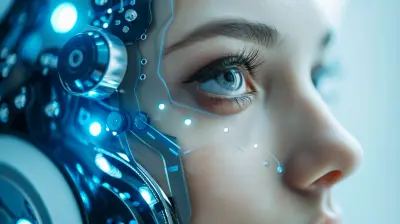
The Importance of Ethical AI in the Future of Mobile Technology
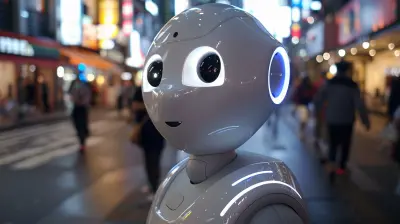
The Global Impact of AI: Ethical Considerations Across Cultures

Mastering Digital Art: The Best Mobile Apps for Artists
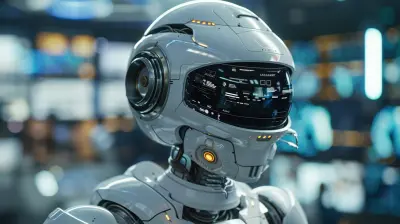
Ethical Challenges in AI-Powered Healthcare
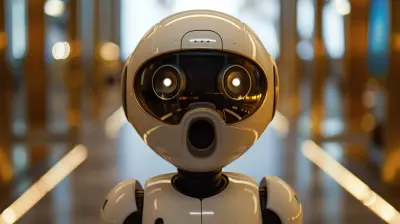
The Ethics of Emotion AI: Should Machines Understand Our Feelings?